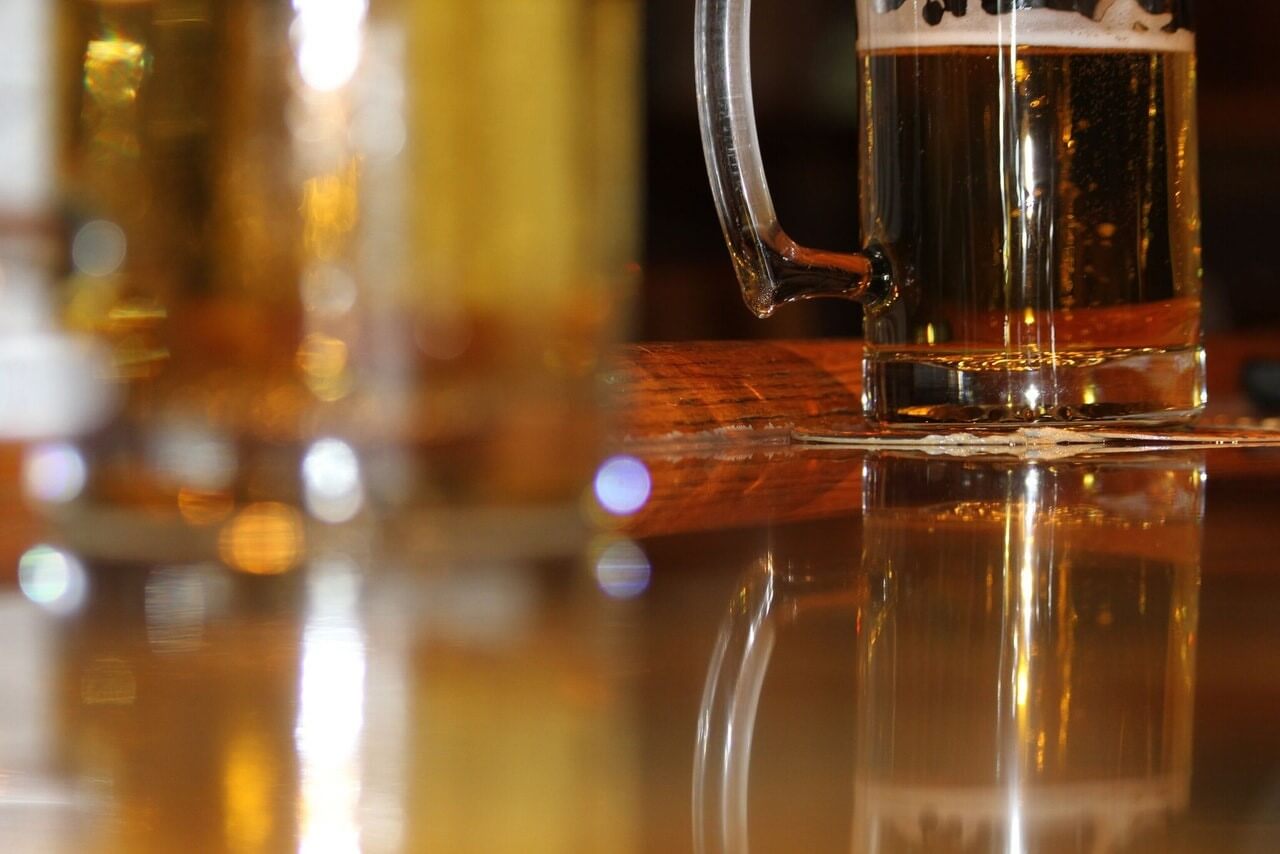The liver is the largest organ in the body and has many functions. Think of it like a processing mega-center.The intake and distribution of nutrients occurs in the liver and it also is the detox hub of the body.
Love your liver:
There is no evidence that chanting, “I love my liver” will provide any health benefit but it may be good to show some gratitude for just how hard it works to keep your body free of toxins.
The liver detoxes waste from internal and external sources. This article will address some of the external sources; the foods we can eat that can either nourish and support the hard working liver or make it’s job harder.
Making the liver work harder:
Diet high in sugar, sodium, alcohol, and processed foods full of sodium add to the workload of the liver. Alcohol and adulterants found in processed foods must be detoxed through the liver and diets high in sodium increase the pressure of the blood vessels that surround the liver.
The 2015-2020 Dietary Recommendation for Americans indicate that no more than 10% of your daily calorie intake should come from refined sugar. And in a recent study published by scientist at Oregon State University they saw that the ability of the liver to heal and resolve liver damaged could not fully occur until sugar intake dropped. (1)
Nourish and support your liver:
Liver support can be simple. Phase 1 and 2 of the detox system is a complex process and cruciferous vegetables, fruit, whole grains, soy, garlic, rooibos tea and turmeric have been reported to nourish and support the phases of detoxification that occur in the liver, making it’s job easier. (2)
Two additional nutrients the liver needs are zinc and choline. Zinc, which can be found in food and is highest in pork, crab, beef and oysters, has been shown to help detox the body from alcohol. Choline is necessary to make the phosphatidylcholine that the liver uses in producing the VLDL type of cholesterol. Choline can be found in wheat germ, chicken, beef liver and eggs. (3)
Sources
- http://oregonstate.edu/ua/ncs/archives/2016/jan/liver-recovery-difficult-even-improved-diet-%E2%80%93-faster-if-sugar-intake-low
- Hodges, R. E., & Minich, D. M. (2015). Modulation of Metabolic Detoxification Pathways Using Foods and Food-Derived Components: A Scientific Review with Clinical Application. Journal of Nutrition and Metabolism, 2015, 760689. http://doi.org/10.1155/2015/760689
- Roizen, M. F., M.D., & Oz, M. C., M.D. (2013). You, The Owner’s Manual. New York, NY: Harper Collins Books.

